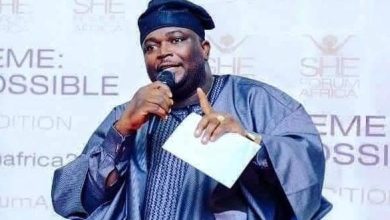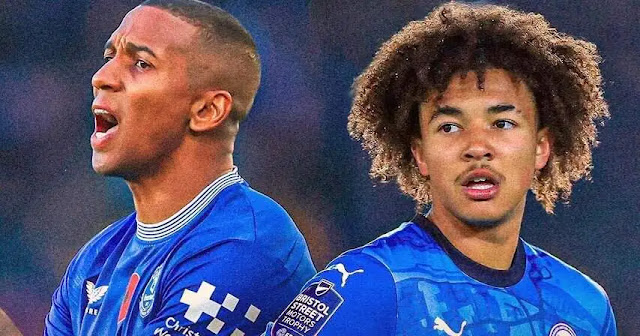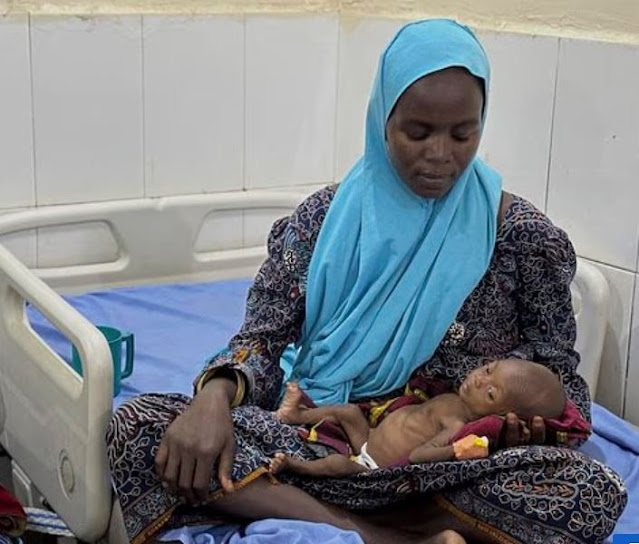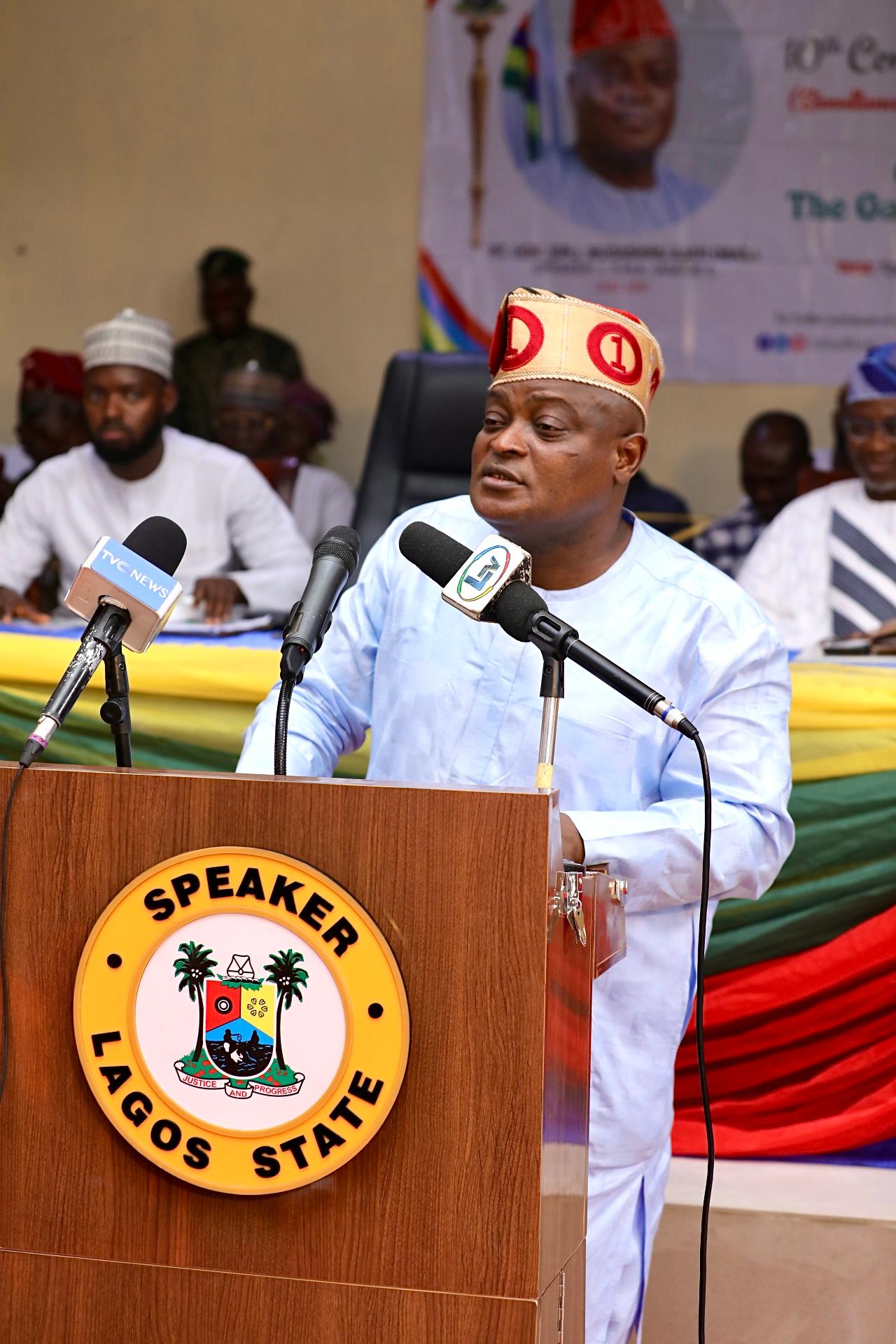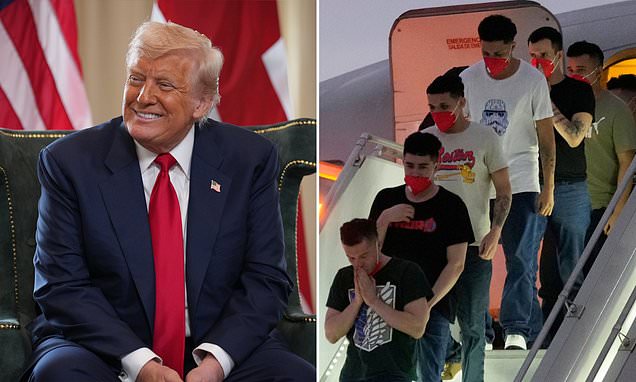In a recent interview on Daily Politics on Trust TV, Chief Peter Ameh, the National Secretary of the Coalition of United Political Parties (CUPP), launched a sharp critique against Nyesom Wike, the Minister of the Federal Capital Territory (FCT), accusing him of lacking the moral authority to determine whether Peter Obi, the former Labour Party presidential candidate, should return to the Peoples Democratic Party (PDP). Ameh’s remarks have reignited debates about internal party dynamics, leadership integrity, and the future of opposition politics in Nigeria as the 2027 general elections loom. This article explores Ameh’s criticisms, the context of Wike’s influence within the PDP, Obi’s political trajectory, and the broader implications for Nigeria’s political landscape.
The Context of the Dispute
The controversy stems from ongoing discussions about Peter Obi’s political future and his potential return to the PDP, the party he represented as a vice-presidential candidate in 2019 before defecting to the Labour Party for the 2023 presidential election. Obi’s departure from the PDP was driven by internal crises, including disagreements over the party’s presidential candidacy and leadership struggles. His subsequent campaign under the Labour Party garnered significant support, particularly among young Nigerians, but he ultimately lost to President Bola Ahmed Tinubu of the All Progressives Congress (APC).
Nyesom Wike, a former governor of Rivers State and a prominent PDP figure, has been a polarizing figure within the party. His role in the PDP’s internal conflicts, particularly his leadership of the G5 group—a faction of PDP governors who opposed the party’s 2023 presidential candidate, Atiku Abubakar—has drawn criticism from party loyalists. Wike’s decision to accept a ministerial position under the APC-led government of President Tinubu further fueled accusations of disloyalty, with many questioning his commitment to the PDP’s opposition role.
In his interview, Chief Peter Ameh challenged Wike’s recent comments questioning Obi’s sincerity and integrity, particularly in relation to a possible return to the PDP. Ameh argued that Wike, given his own political history, lacks the credibility to judge Obi’s intentions. He accused Wike of breaking promises, such as vowing never to serve as a minister and pledging unwavering loyalty to the PDP, only to campaign against the party in 2023 and align with the APC. Ameh’s remarks highlight a broader struggle within the PDP as it seeks to reposition itself as a viable opposition force ahead of 2027.
Ameh’s Critique: A Question of Integrity
Ameh’s criticisms of Wike were pointed and direct. He argued that Wike’s track record undermines his ability to serve as a moral arbiter within the PDP. “Wike said he would never be a minister after office, today he is one. He said joining the APC was about seeking forgiveness for sins, today he works for Tinubu,” Ameh stated. He further accused Wike of openly campaigning against the PDP during the 2023 elections, a move that many party members view as a betrayal. “So, what moral standing does he have to stop Obi?” Ameh asked, emphasizing that Wike’s actions have eroded his credibility within the party.
Ameh also defended Obi’s constitutional right to choose his political affiliation, citing Section 40 of the Nigerian Constitution, which guarantees freedom of association. He noted that many PDP leaders are actively encouraging Obi’s return, recognizing his “national appeal” as a valuable asset for the party’s future. Ameh argued that reducing the PDP to Wike’s influence would be “political suicide,” given Obi’s popularity and the need for credible candidates to challenge the APC in 2027.
Obi’s recent pledge to serve only one term if elected president in 2027 was also a focal point of Ameh’s defense. He described the pledge as a “deliberate move to restore trust in leadership,” contrasting it with the prolonged tenures of other leaders. “Four years is enough for a leader with competence and discipline,” Ameh said, pointing to the economic challenges under President Tinubu’s administration as evidence of the need for accountable leadership. He predicted that Tinubu faces a “crushing defeat” in 2027, driven by widespread hunger, poverty, and disillusionment among Nigerians, particularly young voters who make up over half of the electorate.
The PDP’s Internal Struggles
The PDP has faced significant challenges since losing power to the APC in 2015. Internal divisions, leadership crises, and defections have weakened the party’s ability to serve as a cohesive opposition force. The 2023 elections exposed these fault lines, with the G5 group, led by Wike, openly working against Atiku Abubakar’s candidacy. The group’s demand for the resignation of then-national chairman Iyorchia Ayu, a northerner, to balance regional representation within the party, was a major point of contention. While the G5’s actions were framed as a push for equity, critics accused Wike and his allies of prioritizing personal ambitions over party unity.
Wike’s appointment as FCT Minister under the APC government further complicated his standing within the PDP. While he has not formally defected, his role in the Tinubu administration has led to accusations of anti-party activities. The PDP’s leadership, under acting national chairman Umar Damagum, has been reluctant to sanction Wike, citing the lack of formal petitions or evidence, as noted in a recent statement by the party’s Deputy National Legal Adviser, Okechukwu Osuoha. This hesitation has frustrated party members who view Wike’s actions as detrimental to the PDP’s interests.
The debate over Obi’s potential return adds another layer of complexity to the PDP’s challenges. Obi’s exit in 2022 was driven by his frustration with the party’s internal processes, particularly the selection of Atiku as the presidential candidate. His subsequent success in mobilizing young voters and building a grassroots movement under the Labour Party has made him a coveted figure for opposition parties. However, his return to the PDP would require navigating the same internal conflicts that prompted his departure, including Wike’s influence and the party’s regional power dynamics.
Peter Obi’s Political Trajectory
Peter Obi’s rise to prominence in Nigerian politics is a testament to his ability to connect with ordinary citizens. As a two-term governor of Anambra State under the All Progressives Grand Alliance (APGA), Obi earned a reputation for fiscal discipline and effective governance. His 2019 vice-presidential candidacy with the PDP elevated his national profile, but his decision to join the Labour Party for the 2023 elections marked a turning point. Running on a platform of economic reform and anti-corruption, Obi galvanized a youth-driven movement, often referred to as the “Obidient” movement, which resonated with millions disillusioned by Nigeria’s political establishment.
Despite finishing third in the 2023 presidential election, Obi’s campaign demonstrated his ability to challenge the dominance of the APC and PDP. His pledge to serve a single term if elected in 2027 has further distinguished him, positioning him as a leader committed to accountability and brevity in governance. However, critics, including Labour Party chieftain Abayomi Arabambi, have questioned the credibility of this pledge, citing Obi’s defection from APGA as evidence of inconsistency.
Obi’s potential return to the PDP is seen as a strategic move to consolidate opposition forces against the APC. His national appeal, particularly among young voters and the middle class, could strengthen the PDP’s chances in 2027. However, it would also require reconciling with factions within the party, including those aligned with Wike and Atiku. Ameh’s defense of Obi underscores the belief that his inclusion could revitalize the PDP, but it also highlights the challenges of navigating a party with competing interests.
The Role of the CUPP and Opposition Politics
The Coalition of United Political Parties (CUPP) has emerged as a key player in Nigeria’s opposition landscape. Formed to unite smaller parties and challenge the APC’s dominance, the CUPP has advocated for coalition-building and strategic alliances. Ameh’s comments reflect the coalition’s broader goal of fostering unity among opposition parties to present a formidable challenge in 2027. He noted that coalition talks are ongoing across opposition platforms, suggesting that Obi’s appeal could serve as a unifying force.
The CUPP’s criticism of Wike also aligns with its broader critique of the APC’s governance. Ameh pointed to the economic challenges under Tinubu’s administration, including rising poverty and inflation, as evidence of the APC’s failure. He argued that young voters, who constitute over half of Nigeria’s electorate, are mobilizing against the ruling party, driven by frustration with economic hardship and governance failures. This demographic shift could play a decisive role in shaping the 2027 elections, making figures like Obi critical to the opposition’s strategy.
Implications for 2027 and Beyond
The clash between Ameh and Wike underscores the high stakes of Nigeria’s political landscape as the 2027 elections approach. The PDP’s ability to resolve its internal conflicts and present a united front will determine its competitiveness against the APC. Wike’s influence, while significant, is a double-edged sword: his political clout could stabilize the party, but his alignment with the APC risks alienating core supporters. Obi’s potential return, meanwhile, could galvanize the PDP but would require addressing the party’s factionalism and rebuilding trust.
The broader implications of this dispute extend beyond the PDP. Nigeria’s political system is at a crossroads, with growing calls for reform and accountability. The economic challenges facing the country—high inflation, unemployment, and poverty—have fueled public discontent, creating an opportunity for opposition parties to capitalize on voter frustration. However, the success of this strategy depends on the opposition’s ability to unite and present credible candidates who resonate with Nigerians.
Ameh’s defense of Obi’s single-term pledge highlights a broader demand for trustworthy leadership. By framing Obi’s promise as a commitment to restoring faith in governance, Ameh taps into a widespread desire for leaders who prioritize public welfare over personal ambition. This narrative could resonate with young voters, who are increasingly vocal in their demand for change.
Challenges of Coalition-Building
Building a viable opposition coalition is no small feat. Nigeria’s political history is littered with examples of failed alliances, often undermined by personal rivalries and competing interests. The CUPP’s efforts to unite opposition parties face similar challenges, particularly given the PDP’s internal divisions and the Labour Party’s own leadership crises. Obi’s appeal could serve as a rallying point, but his return to the PDP would require navigating a complex web of relationships, including those with Wike, Atiku, and other party leaders.
Moreover, the opposition must contend with the APC’s formidable political machinery. Despite its governance challenges, the APC benefits from incumbency, access to resources, and a strong presence across Nigeria’s regions. The opposition’s success will depend on its ability to articulate a clear alternative vision, mobilize voters, and overcome logistical challenges, such as voter suppression and electoral irregularities.
The Role of Young Voters
Ameh’s emphasis on the role of young voters reflects a significant shift in Nigeria’s political landscape. With over 30 million Nigerians pushed into poverty in recent years, according to Ameh, and widespread disillusionment with the status quo, young people are increasingly shaping electoral outcomes. The 2023 elections demonstrated their influence, with Obi’s campaign drawing significant support from urban, tech-savvy voters. This demographic, which constitutes over half of the voter register, will be critical in 2027.
The challenge for the opposition is to sustain this momentum while addressing the practical barriers to youth participation, such as voter apathy and logistical issues during elections. Initiatives to improve voter education, enhance electoral transparency, and leverage technology could help mobilize young voters and ensure their voices are heard.
Conclusion
Chief Peter Ameh’s critique of Nyesom Wike’s authority to judge Peter Obi’s potential return to the PDP highlights the deep divisions and high stakes within Nigeria’s opposition politics. As the PDP grapples with internal conflicts and the broader opposition seeks to unite against the APC, figures like Obi and Wike will play pivotal roles in shaping the future. Ameh’s defense of Obi underscores the need for credible, trustworthy leadership to address Nigeria’s pressing challenges, from economic hardship to political dysfunction.
The road to 2027 will be fraught with challenges, but it also presents an opportunity for the opposition to redefine itself. By resolving internal conflicts, building coalitions, and engaging young voters, the PDP and its allies can position themselves as viable alternatives to the APC. For now, Ameh’s remarks serve as a reminder that integrity, unity, and strategic vision will be critical to Nigeria’s political future.


